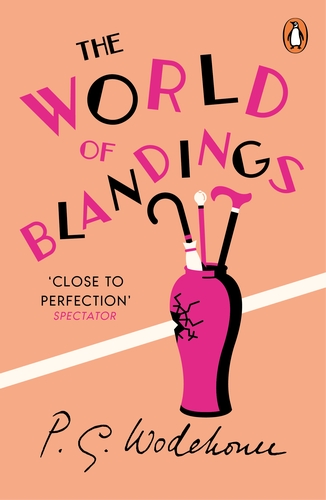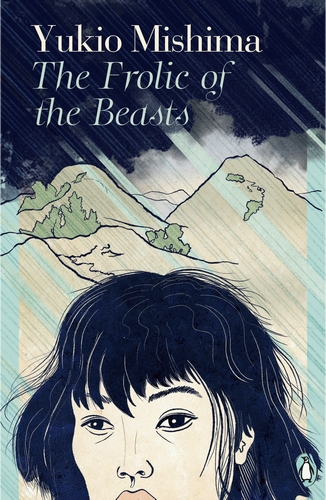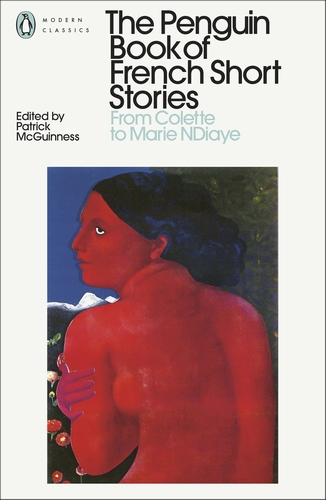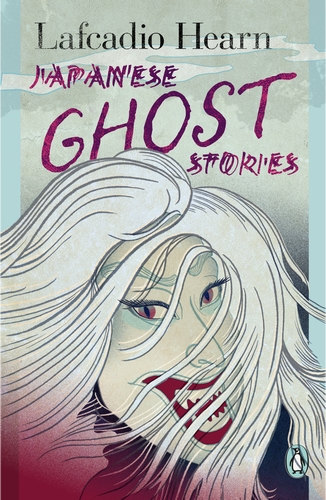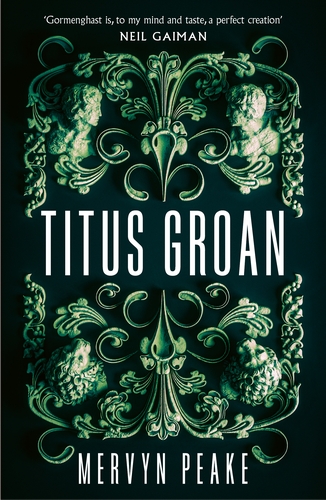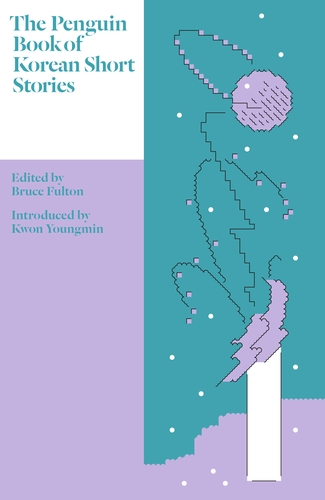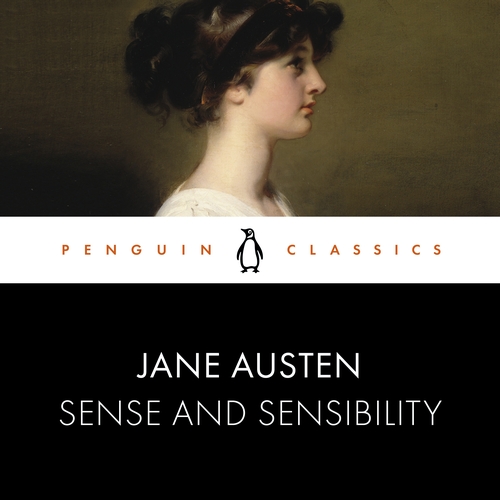Author:Jean-Anthelme Brillat-Savarin,Anne Drayton,Anne Drayton

A book without precedent, skirting the line between recipe-book, memoir, history and philosophy, Jean-Anthelme Brillat-Savarin's The Physiology of Taste is edited with an introduction by Anne Drayton in Penguin Classics.
Brillat-Savarin's unique, exuberant collection of dishes, experiences, reflections, history and philosophy raised gastronomy to an art form. First published in France in 1825, this remarkable book reflected a new era in French cuisine: the advent of the restaurant, which gave the bourgeoisie the opportunity to select their dishes with precision and anticipation. Yet the author also gives his views on taste, diet and maintaining a healthy weight, on digestion, sleep, dreams and being a gourmand. Witty, shrewd and anecdotal, The Physiology of Taste not only contains some remarkable recipes, it an elegant argument for the pleasures of good food and a hearty appetite.
Anne Drayton's lively translation is accompanied by an introduction illustrating the remarkable nature of this work, by a man who was not a chef or an author but a magistrate in a French provincial town.
Jean-Anthelme Brillat-Savarin (1755-1825) was born in Belley, France, an area renowned for its food and wine. After graduating in law, Brillat-Savarin became magistrate of Belley and was later elected Mayor. During the French Revolution his life was endangered and he fled to other parts of Europe and then America, earning his living as a violinist in a theatre orchestra. He returned to France in 1796 and became a judge of the Supreme Courts of Appeal. He began compiling a book of meditations on gastronomy and in 1825, a few months before his death, published this brilliant treatise on the pleasures of eating: the culmination of a life-long love affair with food.
A brilliant, sometimes terrible novel about the generation war within a family, as witty and cool as it is heart-rending
—— Auberon Waugh , Daily MailPainful...gripping...her "private" story reaches far beyond the merely personal
—— ObserverA great, heaving countryside of a book...consistently funny...fluent and elusive, while retaining just the right hint of poison
—— TelegraphStephenson mixes a library’s worth of ideas with compulsive derring-do … its scope and inventiveness become addictive.
—— Time OutA breathless ride…the writing gives an immersive sense of time and place
—— FaceA brilliant, bulging historical novel ... Thrillingly accomplished ... Magnificent ... one finishes it already eager to begin the sequel
—— GuardianHis style is spare, that's what is so beautiful. His novels are genuine romans philosophies - novels illustrating ideas
—— Piers Paul ReadIn a class by himself...the ultimate chronicler of twentieth-century man’s consciousness and anxiety
—— William Golding